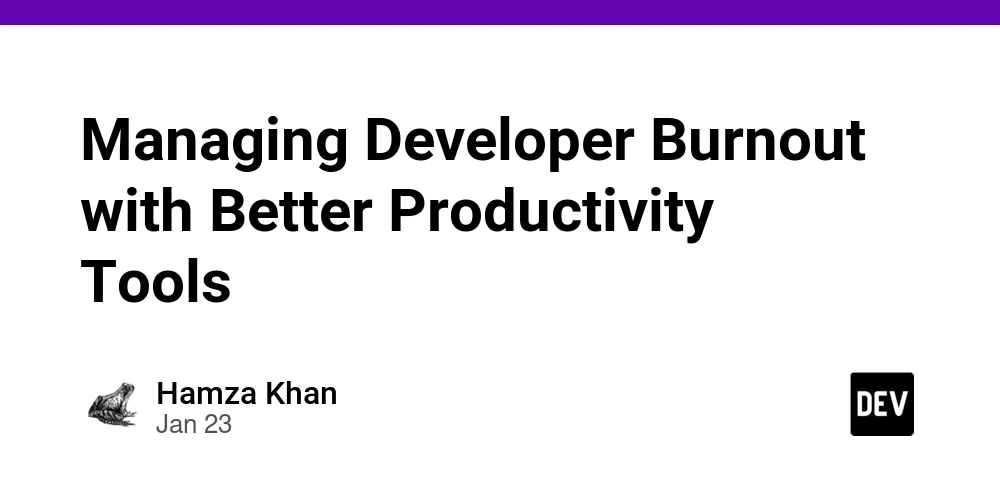Is PostgreSQL Better Than MySQL?
One day, a group of developers engaged in a heated debate—nearly coming to blows—over whether PostgreSQL is superior to MySQL. Pro-PostgreSQL Arguments Stricter SQL Compliance: Implements SQL standards more rigorously than MySQL. Advanced Stored Procedures: Better stored procedure support with native execution plan caching. Optimized Joins & Queries: Robust table join support, sophisticated optimizer, diverse index types (B-tree, hash, GIN, GiST), and superior complex query handling. Heap Tables for Scale: Uses heap tables (vs.MySQL’s index-organized tables), enabling larger dataset handling. Physical Replication: PostgreSQL’s WAL-based physical replication outperforms MySQL’s binlog logical replication in consistency, performance, and resource efficiency. No Locking Overhead: Avoids MySQL’s pluggable storage engine complexity (e.g., InnoDB lock contention). Cloud-Native Edge: Seamless integration with Supabase for hassle-free cloud deployments. Pro-MySQL Arguments Efficient MVCC: InnoDB’s rollback-segment MVCC avoids PostgreSQL’s XID-based vacuuming overhead (no table bloat or vacuum-triggered locks). Primary Key Speed: Index-organized tables excel at primary-key CRUD operations. Lightweight Optimizer: Simplified optimizer, system tables, and operators for fast simple queries. Scalable Partitioning: Handles thousands of partitions better than PostgreSQL’s inheritance-based approach. Flexible Storage Engines: Pluggable engines (e.g., InnoDB for OLTP, MyISAM for read-heavy workloads). Cost Control: Supabase/PostgreSQL cloud costs can spike at scale, while MySQL self-hosting remains budget-friendly. My Take Asking "PostgreSQL vs. MySQL?" is like asking "Should I choose Scarlett Johansson or Emma Watson?"—mature developers know you don’t have to pick sides. "But redeploying environments is a pain!" you say. Now with ServBay, my dev stack of choice. Spin up SQL/NoSQL databases (MySQL, PostgreSQL, MongoDB) in under 30 seconds. Now you’ve got Johansson, Watson, and Gal Gadot. Talk about a power trio! What is ServBay? Let me briefly explain what ServBay is. ServBay is an integrated development environment that bundles PHP and Node.js. With just a single click, you can install these development environments and seamlessly switch between multiple versions. It also supports both Caddy and Nginx servers, along with various SQL (like MySQL, PostgreSQL) and NoSQL (e.g., MongoDB) databases. All environment setups and switches can be managed through its graphical interface, making it incredibly user-friendly for beginners or developers who want to avoid tedious configurations. The tool lets you focus on coding instead of wrestling with server setups. ServBay has far too many features to list here. If you’re curious, download it and try it yourself! Final Thoughts PostgreSQL and MySQL are just tools. Use what fits your project. Happy coding!

One day, a group of developers engaged in a heated debate—nearly coming to blows—over whether PostgreSQL is superior to MySQL.
Pro-PostgreSQL Arguments
- Stricter SQL Compliance: Implements SQL standards more rigorously than MySQL.
- Advanced Stored Procedures: Better stored procedure support with native execution plan caching.
- Optimized Joins & Queries: Robust table join support, sophisticated optimizer, diverse index types (B-tree, hash, GIN, GiST), and superior complex query handling.
- Heap Tables for Scale: Uses heap tables (vs.MySQL’s index-organized tables), enabling larger dataset handling.
- Physical Replication: PostgreSQL’s WAL-based physical replication outperforms MySQL’s binlog logical replication in consistency, performance, and resource efficiency.
- No Locking Overhead: Avoids MySQL’s pluggable storage engine complexity (e.g., InnoDB lock contention).
- Cloud-Native Edge: Seamless integration with Supabase for hassle-free cloud deployments.
Pro-MySQL Arguments
- Efficient MVCC: InnoDB’s rollback-segment MVCC avoids PostgreSQL’s XID-based vacuuming overhead (no table bloat or vacuum-triggered locks).
- Primary Key Speed: Index-organized tables excel at primary-key CRUD operations.
- Lightweight Optimizer: Simplified optimizer, system tables, and operators for fast simple queries.
- Scalable Partitioning: Handles thousands of partitions better than PostgreSQL’s inheritance-based approach.
- Flexible Storage Engines: Pluggable engines (e.g., InnoDB for OLTP, MyISAM for read-heavy workloads).
- Cost Control: Supabase/PostgreSQL cloud costs can spike at scale, while MySQL self-hosting remains budget-friendly.
My Take
Asking "PostgreSQL vs. MySQL?" is like asking "Should I choose Scarlett Johansson or Emma Watson?"—mature developers know you don’t have to pick sides.
"But redeploying environments is a pain!" you say. Now with ServBay, my dev stack of choice. Spin up SQL/NoSQL databases (MySQL, PostgreSQL, MongoDB) in under 30 seconds.
Now you’ve got Johansson, Watson, and Gal Gadot. Talk about a power trio!
What is ServBay?
Let me briefly explain what ServBay is.
ServBay is an integrated development environment that bundles PHP and Node.js. With just a single click, you can install these development environments and seamlessly switch between multiple versions. It also supports both Caddy and Nginx servers, along with various SQL (like MySQL, PostgreSQL) and NoSQL (e.g., MongoDB) databases. All environment setups and switches can be managed through its graphical interface, making it incredibly user-friendly for beginners or developers who want to avoid tedious configurations. The tool lets you focus on coding instead of wrestling with server setups.
ServBay has far too many features to list here. If you’re curious, download it and try it yourself!
Final Thoughts
PostgreSQL and MySQL are just tools. Use what fits your project. Happy coding!
What's Your Reaction?
































